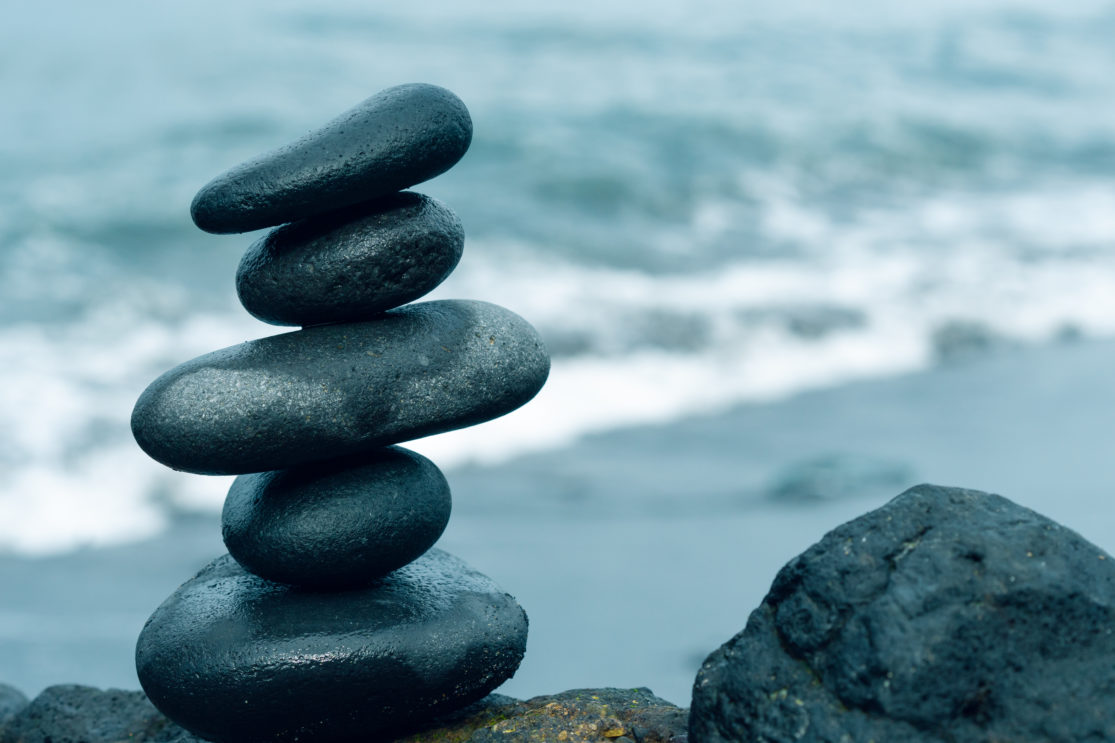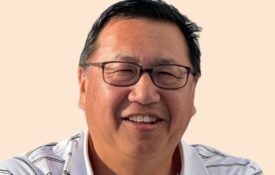Life is filled with challenges. Sometimes, these challenges can be almost debilitating: the loss of a loved one; a serious medical diagnosis; mental health issues; a natural catastrophe resulting in a loss of material possessions or more; the loss of a job because it has become obsolete; the betrayal of a spouse or significant other; the inability to act on what you know is true for you; the pain of regret.
Other problems are maddening in their seeming mundaneness. Do you have to cook one more meal, take the kids to one more soccer practice, or stay late at work because the boss demands it even though you think it’s a waste of time? Even if you are essentially happy with your life choices that created these scenarios and believe that your life is good, routines can wear anyone down and lead you to have a feeling that something could make a good life better.
Then, there are the loftier challenges that creep into our everyday thoughts, such as: Is this all there is? What is this life about anyway? Why do I get up in the morning? So many of us have spent so much emotional and intellectual energy on trying to find the best way to navigate life, both in times of challenge and in times of relative peace. Sometimes, this path feels fraught with uncertainty about how to understand the meaning of all that happens in our lives, from the most horrific to the most sublime.
The One-Hour Miracle offers a new perspective on what life is about and on our relationship to it that can give us a renewed sense of hope in the face of these challenges. It provides a way to resolve them that can lead to a reduction in suffering. It first does this through reframing our understanding of life, and then secondarily, by giving us a way to work with what we call trauma, a subset of challenges that is the focus of this book. We will begin with our definition of trauma, which is broader than what people typically think it is, and show you how this new perspective and its implications lead to the cessation of suffering.

Image source: Shutterstock
What if your problems could be resolved and the suffering that goes along with them could be alleviated? What if anxiety could transform into serenity? What if aliveness could replace the deadening feeling of depression? What if chronic pain that thus far has been unresponsive to treatment might be resolved, leaving a person pain-free? What if negative relationship problems could be replaced by relationships filled with understanding, empathy, and a shared sense of engagement? What if peace of mind and a feeling of being “at home” could replace the despair of alienation?
The One-Hour Miracle presents a revolutionary healing framework called Life Centered Therapy (LCT) that is a blueprint for transforming our problems. Since 1994, we (authors Andrew Hahn, PsyD, and Joan Beckett, MBA, MA, CAGS, LMHC) and those we have trained have successfully used Life Centered Therapy to remedy the following conditions:
- Physical: chronic pain, asthma, allergies, Crohn’s disease, fibromyalgia, chronic fatigue syndrome, idiopathic diseases (i.e., those of unknown origin), sexual dysfunction, addictions, and others
- Emotional and mental: depression, other mood disorders, anxiety, phobias, post-traumatic stress disorder (PTSD), obsessive-compulsive disorder (OCD), paranoia, loss and violence traumas, limiting and negative beliefs
- Relational: destructive patterns and reactivity when your buttons are pushed
- Spiritual: alienation, despair, inertia
While so much good comes from existing approaches to therapy, we offer new solutions for anyone, particularly those who have been frustrated with less-than-optimal results in the past. The One-Hour Miracle expands the understanding of both the causes of and the resolutions for problems, leading to extraordinary outcomes in record time through a novel way/process of marrying mindfulness and somatic (body-centered) therapy. Sometimes, the transformation takes just one hour.
This excerpt is from the new book by Andrew Hahn, Psy.D., and Joan Beckett, L.M.H.C, MBA, The One-Hour Miracle: A 5-Step Process to Guide Your Self-Healing. Reprinted with permission from Health Communications Inc.










































